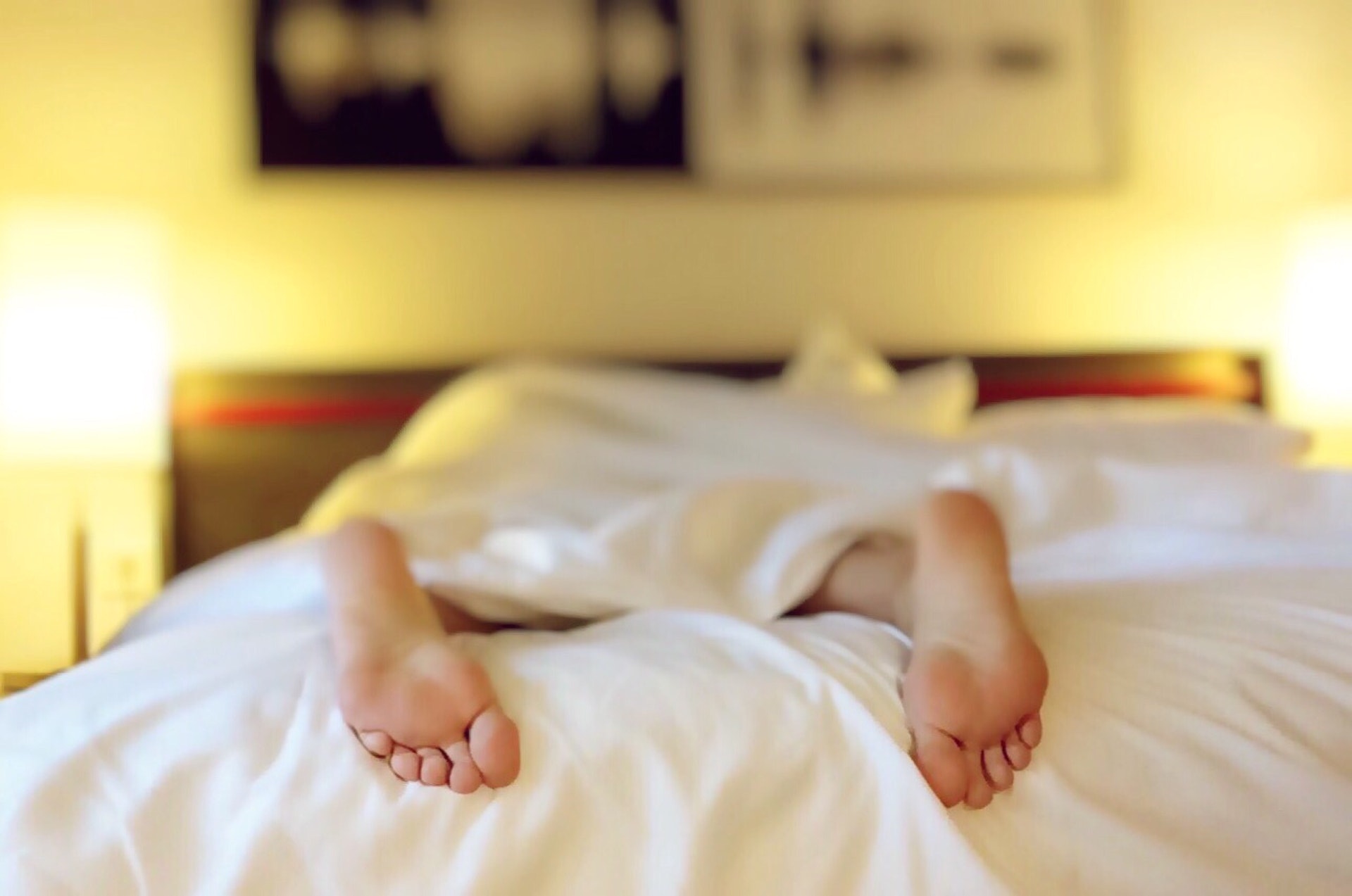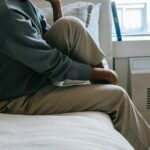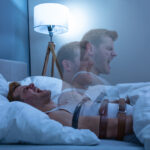Sleep apnea is a serious sleep disorder that affects millions of people worldwide. It is characterized by interrupted breathing during sleep, which can cause a range of health problems if left untreated. In this article, we will discuss the symptoms of sleep apnea and how to recognize them.
What is Sleep Apnea?
Sleep apnea is a sleep disorder in which breathing is repeatedly interrupted during sleep. The most common type of sleep apnea is called obstructive sleep apnea (OSA), which occurs when the airway becomes blocked during sleep, causing breathing to stop and start again. Central sleep apnea (CSA) is another type of sleep apnea, which occurs when the brain fails to signal the muscles to breathe properly.
Common Sleep Apnea Symptoms
The symptoms of sleep apnea can vary from person to person, but some of the most common ones include:
1. Loud Snoring
One of the most recognizable symptoms of sleep apnea is loud snoring. This occurs when the airway becomes partially blocked, causing the tissues in the throat to vibrate as air passes through them.
2. Gasping or Choking During Sleep
People with sleep apnea may wake up gasping or choking during the night, as their body tries to compensate for the interrupted breathing.
3. Daytime Fatigue
Because sleep apnea disrupts the normal sleep cycle, people with this condition often feel tired and fatigued during the day, even if they slept for a long time at night.
4. Morning Headaches
Another common symptom of sleep apnea is waking up with a headache in the morning. This can be caused by low oxygen levels during sleep.
5. Difficulty Concentrating
Sleep apnea can also affect cognitive function, making it difficult to concentrate or remember things.
6. Irritability
People with sleep apnea may be irritable or moody due to the lack of quality sleep.
7. High Blood Pressure
Sleep apnea has been linked to high blood pressure, as the body tries to compensate for the lack of oxygen during sleep.
8. Obesity
Being overweight or obese is a risk factor for sleep apnea, as excess fat can put pressure on the airway and cause it to become blocked.
9. Dry Mouth
People with sleep apnea may wake up with a dry mouth or sore throat, as breathing through the mouth can cause these symptoms.
10. Restless Sleep
Sleep apnea can also cause restless sleep, as the body tries to adjust to interrupted breathing.
When to See a Doctor
If you are experiencing any of these symptoms, it is important to see a doctor for a proper diagnosis. Sleep apnea can have serious health consequences if left untreated, including an increased risk of heart disease, stroke, and diabetes.
Treatment Options
Treatment options for sleep apnea depend on the severity of the condition. Mild cases of sleep apnea may be treated with lifestyle changes, such as losing weight, quitting smoking, or avoiding alcohol before bedtime. More severe cases may require medical intervention, such as a CPAP (continuous positive airway pressure) machine, surgery, or an oral appliance.
Sleep apnea is a serious sleep disorder that can have a range of symptoms. If you suspect that you or a loved one may have sleep apnea, it is important to see a doctor for a proper diagnosis and treatment. By addressing sleep apnea, you can improve your quality of life and reduce your risk of serious health problems.
FAQs
Can sleep apnea go away on its own?
Sleep apnea does not typically go away on its own, but in some cases, it may improve with lifestyle changes such as weight loss, quitting smoking, and avoiding alcohol and sedatives. However, more severe cases of sleep apnea may require medical intervention such as continuous positive airway pressure (CPAP) therapy, oral appliances, or surgery. It’s important to consult with a healthcare professional if you suspect you may have sleep apnea, as untreated sleep apnea can lead to serious health complications over time.
How is sleep apnea diagnosed?
Sleep apnea is typically diagnosed through a sleep study, which can be done either in a sleep lab or at home using a portable monitoring device.
Is sleep apnea hereditary?
While sleep apnea is not directly inherited, there may be a genetic component that makes some people more susceptible to developing the condition.
Can children have sleep apnea?
Yes, children can develop sleep apnea, although it is less common than in adults. Symptoms in children may include bedwetting, hyperactivity, and difficulty concentrating.
Can lifestyle changes alone cure sleep apnea?
In some cases, lifestyle changes alone may be enough to improve or even cure mild cases of sleep apnea. However, more severe cases may require medical intervention in order to manage the symptoms effectively.






